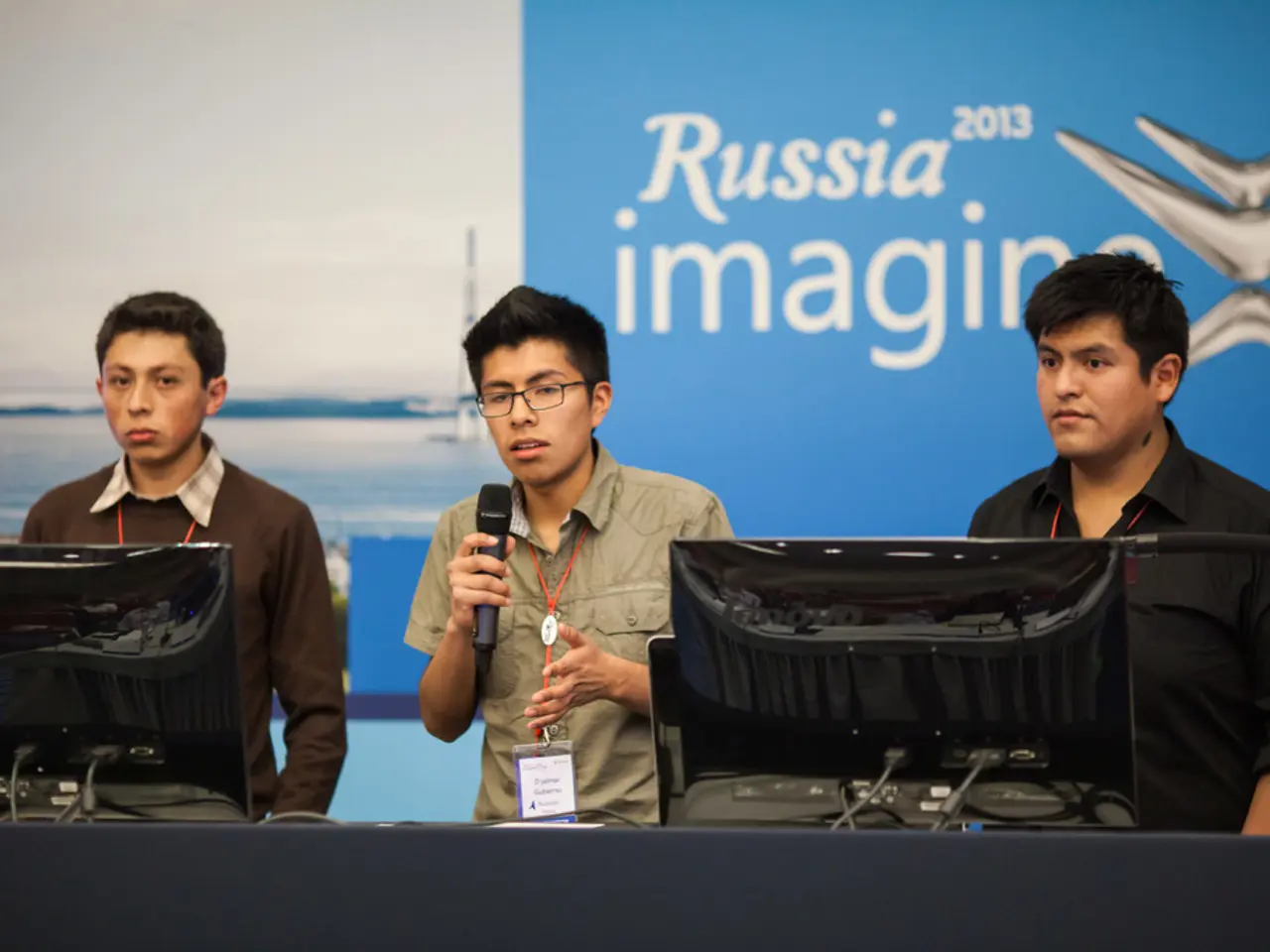Rising Birth Rates Potentially Soaring in Russia
In a bid to combat the nine-year decline in Russia's birth rate, the government is proposing a strategic framework that encourages larger families through a system of economic incentives and social support.
According to senior lecturer Igor Balynin at the Financial University under the Russian government, a sharp increase in payments could lead to a rise in insurance premiums. However, the government is prepared to allocate around €400 million over three years to counterbalance these costs[1].
The proposed measures aim to reduce financial and social burdens associated with raising a family. Key aspects include:
- Promoting birth of 3+ children per family: This includes financial bonuses, tax breaks, mortgage aid, transport discounts, and payments to specific groups such as pregnant teenagers and university students with children[1][2][4].
- Increased maternity leave benefits: The government plans to raise maternity leave payments to 60% of average income after the second child and 80% after the third, extending the payment period from 1.5 to 2.5 years[2]. The exact funding for this proposal is not yet precisely quantified but forms part of budget proposals.
- Payments to pregnant teenagers/university students: Subsidies of around €1,100 will be provided in some regions to pregnant teenagers and university students who have children[1][4]. These payments are part of regional budgets within the overall funds allocated for this cause.
- Flexible work policies for parents: The government is encouraging employers to adopt flexible working hours for parents[2]. The funding for this aspect is not separately quantified.
Valentina Matviyenko, the Chairperson of the Federation Council, announced the creation of a "demographic special forces" unit within the government on July 24. Matviyenko also called for creating "all conditions" for women to combine work and motherhood[5].
Currently, the childcare allowance for children up to 1.5 years is 40% of the average wage, with a minimum of 9,000 rubles and a maximum of 69,000 rubles[4]. The article discusses various factors influencing Russia's targeted reproductive behavior.
While this multipronged approach is designed to encourage families to have more children, some experts note that such economic and psychological incentives have historically shown limited effectiveness in actually increasing birth rates[1][3]. Nonetheless, the Russian government is committed to investing in pro-natalist policies to address the declining birth rate.
[1] - https://tass.com/society/1333452 [2] - https://www.rbc.ru/politics/24/07/2021/5ef25d8a9a79473b0d4f1c6b [3] - https://www.reuters.com/world/europe/russias-birth-rate-falls-for-ninth-consecutive-year-2021-07-21/ [4] - https://www.gazeta.ru/social/2019/09/19/n_12155976.shtml [5] - https://www.interfax.ru/russia/832885
- The strategic framework to boost Russia's birth rate includes promoting science, health-and-wellness, and fitness-and-exercise, emphasizing family-health, as it offers financial incentives like bonuses, tax breaks, and mortgage aid for families with 3 or more children.
- In an effort to alleviate the financial burden of raising a family, the government has proposed extended maternity leave benefits, offering 60% of average income for up to 2.5 years after the second child and 80% after the third.
- To support parenting, the government is encouraging flexible work policies and proposes to provide nutritional support, such as subsidies for pregnant teenagers and university students with children, amounting to around €1,100 in some regions.
- To further enhance women's health and wellness in the workforce, the Russian government is planning to create a "demographic special forces" unit, aiming to provide all necessary conditions for women to balance work and motherhood.




